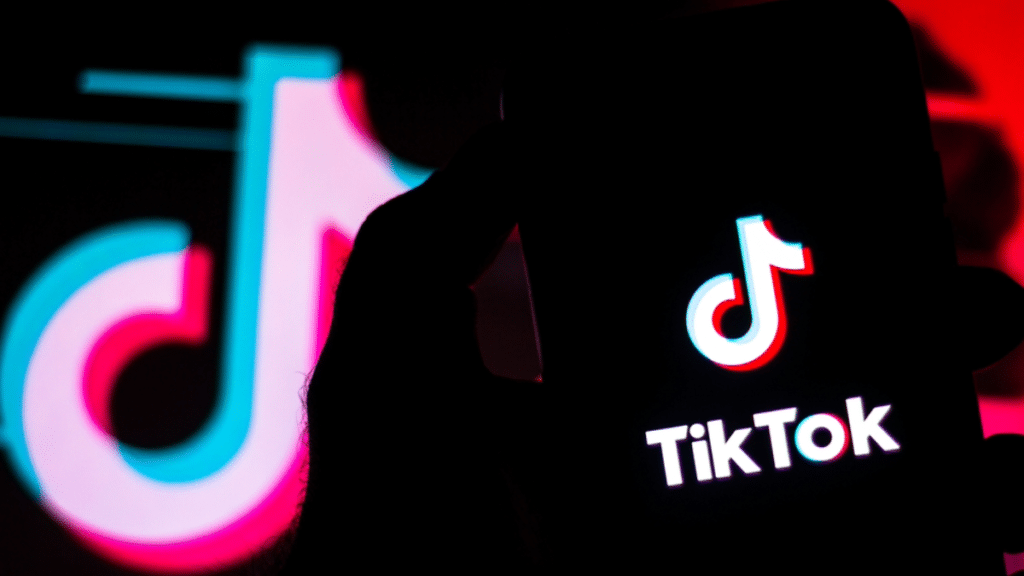TikTok’s Trials and Tribulations Mount
Gabby Miller / Oct 18, 2023Gabby Miller is staff writer at Tech Policy Press.
The popular video sharing app TikTok, which is owned by the China-based parent company ByteDance, has come under increased scrutiny in the past year over security and privacy concerns, as well as fears that the app’s algorithms and design may harm mental health, especially for children and teens. Over the course of the last week, there were multiple legal developments in state and federal courts that may affect the platform's future. The Utah Division of Consumer Protection (UDCP) launched a lawsuit against the company, a California judge greenlit a slew of claims against TikTok and other tech giants, and a challenge to a law banning TikTok in Montana had its first hearing in court.
Utah says TikTok is “surreptitiously designed”
Last Tuesday, Utah’s Division of Consumer Protection (UDCP) sued TikTok over its “surreptitiously designed” video sharing app. The Utah regulator claims that TikTok uses features to hook young users and mislead parents about the app’s dangers to children’s mental health and well-being. The regulator alleges “the social media giant illegally baits children into addictive and unhealthy use, blatantly misrepresents the app’s safety, and deceptively portrays itself as independent of its China-based parent company ByteDance.”
At a press conference announcing the lawsuit, Utah’s Republican Governor, Spencer Cox, promised the state will hold social media companies accountable “by any means necessary.” The lawsuit references the actions of other regulators around the world, including a $368 million fine levied against TikTok by Ireland’s Data Protection Commission for violating European privacy laws, as well as settlements related to the handling of children’s data with the Federal Trade Commission (2019) and the UK Information Commissioner’s Office (2023).
Montana: No TikTok Country
A legal challenge to a law banning TikTok in Montana (SB 419) had its first court hearing last Thursday under District Judge Donald W. Molloy. TikTok was joined by five of its creators in challenging the ban, which was passed by Montana lawmakers this spring. The company says the ban is unconstitutional. The lawsuits by the company and the creators accuse Montana of infringing on users’ First Amendment rights and claim that the state violated its legal authority regarding national security and foreign policy concerns.
Some reports characterized Judge Molloy’s questions and comments as weighing largely in favor of the plaintiffs. In the hearing, which lasted less than an hour, he slammed the Montana legislature for its “paternalistic” views of social media users and faulted lawmakers for not taking lesser measures to protect users before passing a total ban. He was also skeptical as to whether Montana could even provide the necessary evidence required to validate the ban. “Is there some prohibition for a legislature enacting legislation that may not have any factual basis but is just an opinion of the law enforcement people or some other entity?” asked Molloy, before promising he will decide whether to grant a preliminary injunction before the bill takes effect on Jan. 1, 2024.
Montana was the first state to pass such a ban, but more than thirty states have taken up some form of legislative action restricting TikTok.
Free speech advocates and the tech industry associations, among others, have expressed their support for striking down the Montana bill, with NetChoice and the Chamber of Progress filing a joint amicus brief in August in support of the creators. After Thursday’s hearing, the Knight First Amendment Institute at Columbia University offered a statement in support of a preliminary injunction. “There's really no question that TikTok and its users should prevail here,” Jameel Jaffer, executive director of the Knight Institute, said in an official statement. “Montana simply hasn't offered any persuasive reason why it can't achieve its interests with means that impose less of a burden on First Amendment rights. If Montana wants to protect its citizens' privacy, it should pass a privacy law.”
California judge permits lawsuits to advance
On Friday, a judge in California threw out a raft of claims brought by teens and their parents against TikTok, Meta, Snapchat, and YouTube, but allowed claims related to the design of the social media apps to advance. Los Angeles County Judge Carolyn B. Kuhl gave the go-ahead for the lawsuits in California to explore a “negligence theory” that argues companies have acted carelessly. This “advance[s] a novel legal theory that attempts to treat social media platforms as defectively designed products to bypass Section 230, which has been nearly bulletproof in protecting platforms from suits based on user content,” according to Bloomberg Law’s Isaiah Poritz.
“This decision is an important step forward for the thousands of families we represent whose children have been permanently afflicted with debilitating mental health issues thanks to these social media giants,” lawyers for the plaintiffs said in a statement, according to Bloomberg. But there are signs that tech industry voices disagree. MediaPost’s Wendy Davis quoted Chris MacKenzie, communications director for the Big Tech-funded group Chamber of Progress, as saying the ruling “fundamentally misunderstands Section 230.”
- - -
TikTok is also facing significant federal scrutiny. Despite President Joe Biden’s TikTok ban on government devices being held up in the courts, there are some signs of renewed bipartisan energy to pass alternative legislation that would address concerns about TikTok. And TikTok will soon have to answer to the European Union as the Digital Services Act (DSA) takes effect. Last week Thierry Breton, the EU’s internal market commissioner, posted a public warning to TikTok – along with similar letters to Meta, Google, and X – that in order to comply with the DSA, the platform must urgently address illegal content related to the Israel-Hamas war. Only one thing is certain: there is no end in sight to TikTok’s trials and tribulations.
Authors

